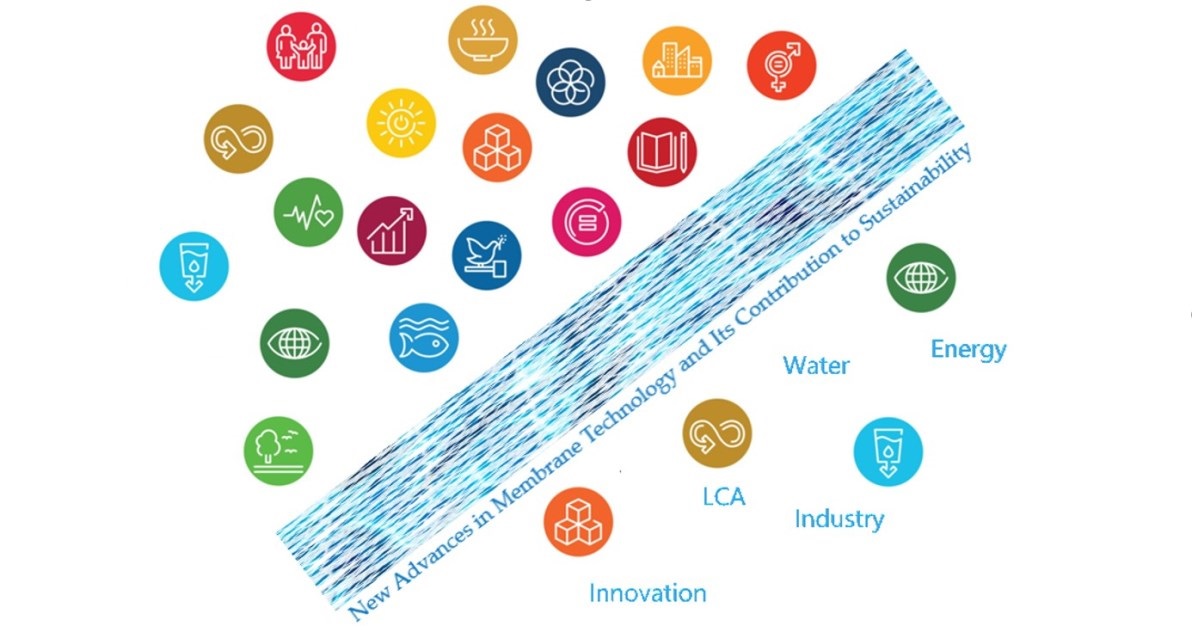New Advances in Membrane Technology and Its Contribution to Sustainability
Topic Information
Dear Colleagues,
Currently, humanity is facing diverse challenges that seem to question the way in which we are living: global warming, water pollution and water scarcity, resource depletion, social inequalities, loss of biodiversity, etc. Those challenges have been grouped according to the 17 Sustainable Development Goals (SDGs), established within the 2030 Agenda for Sustainable Development, adopted by all United Nations Member States in 2015. They are an urgent call for action in a global partnership, recognizing that ending poverty and other deprivations must go hand-in-hand with strategies that improve health and education, reduce inequality, and spur economic growth—all while tackling climate change and working to preserve our oceans and forests (UN, 2015).
In this context, the development of technological alternatives to current processes must consider the SDGs as part of the key objectives. Membrane technology has an enormous potential for providing solutions in the same line as the SDGs, given the fact that it normally involves lower energy consumption that current alternatives or less use of resources. But is this real? Can we prove that membranes are really a better solution? Have we thought of aspects such as the environmental impact of membrane manufacture, their carbon and water footprint during their operation, or their end of life (membrane waste)? And what about their further large-scale application? Why are many membrane processes failing during scaling-up? As membranologists, we need an overall understanding and overview of the implications of developing new membranes and new membrane processes. Only in this way will we be able to provide real solutions to the big challenges that we are facing.
Thus, in this Topic, we aim at showing the potential contribution of membrane technology to the SDGs, or, in other words, the advances in SDGs that can be made thanks to membranes. Prof. Bart Van der Bruggen Prof. Patricia Luis Alconero Topic Editors
Prof. Dr. Patricia Luis Alconero
Prof. Dr. Bart Van der Bruggen
Topic Editors
Keywords
- membranes
- Sustainable Development Goals (SDGs)
- water
- energy
- innovation
- industry
- life cycle assessment

